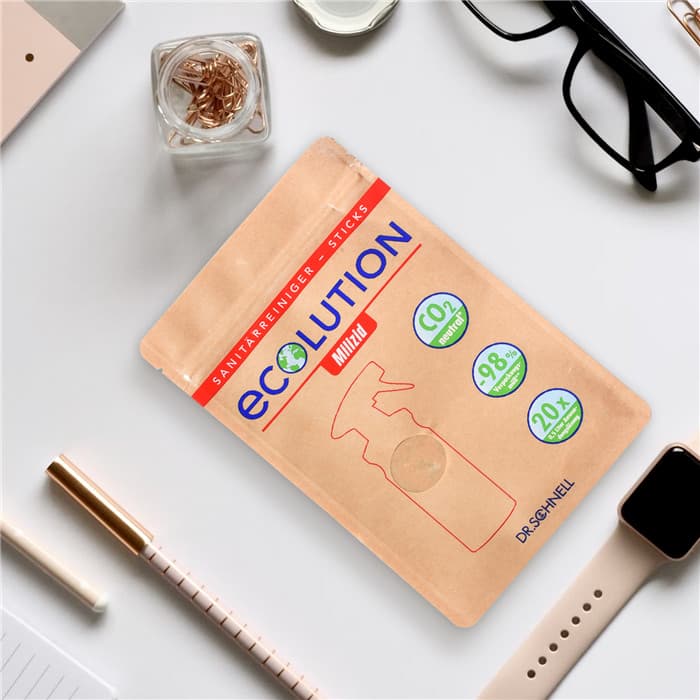| Material | Description |
|---|---|
| Plastic (LDPE) | Low-density polyethylene (LDPE) is a flexible and lightweight plastic material. It offers good moisture resistance and is commonly used for grocery bags, trash bags, and some food packaging. |
| Plastic (HDPE) | High-density polyethylene (HDPE) is a more rigid plastic material known for its strength and durability. It is commonly used for heavy-duty bags, such as reusable shopping bags and industrial packaging. |
| Plastic (PP) | Polypropylene (PP) is a versatile plastic material with good clarity, heat resistance, and strength. It is used in a wide range of packaging bags, including food bags, snack bags, and zipper bags. |
| Plastic (PET) | Polyethylene terephthalate (PET) is a transparent and lightweight plastic material. It is commonly used for beverage bottles and also finds application in food packaging, such as salad bags and deli containers. |
| Plastic (BOPP) | Biaxially-oriented polypropylene (BOPP) is a plastic film that offers excellent clarity and high tensile strength. It is commonly used in packaging bags for snacks, confectionery, and other food products. |
| Paper | Paper is a versatile and recyclable material used for various packaging bags, including paper shopping bags, takeout bags, and paper sacks. It offers good printability and can be customized for branding. |
| Aluminum Foil | Aluminum foil is a thin metal material with excellent barrier properties against moisture, light, and odors. It is often used in packaging bags for products that require high protection, such as coffee and snacks. |
| Compostable | Compostable materials are derived from renewable resources and can break down into compost when subjected to specific conditions. Compostable packaging bags offer an environmentally friendly alternative to conventional plastics. |
| Biodegradable | Biodegradable materials can break down naturally over time through biological processes. Biodegradable packaging bags contribute to reducing plastic waste and are designed to minimize environmental impact. |

Low-density polyethylene (LDPE) is a flexible and lightweight plastic material.
It offers good clarity, moisture resistance, and is resistant to impact and tearing.
LDPE is commonly used for grocery bags, trash bags, and some food packaging.
It is recyclable and can be found in recycling programs that accept plastic film.
High-density polyethylene (HDPE) is a rigid and durable plastic material.
It has high tensile strength, chemical resistance, and stiffness.
HDPE is commonly used for heavy-duty bags, such as reusable shopping bags, industrial packaging, and agricultural bags.
It is recyclable and widely accepted in recycling programs.
Polypropylene (PP) is a versatile plastic material with good clarity, heat resistance, and strength.
It offers excellent moisture resistance and is resistant to grease and chemicals.
PP is used in a wide range of packaging bags, including food bags, snack bags, zipper bags, and thermal bags.
It is recyclable and can be recycled into new products.
Polyethylene terephthalate (PET) is a transparent and lightweight plastic material.
It has excellent clarity, barrier properties, and good mechanical strength.
PET is commonly used for beverage bottles, but it also finds application in food packaging, such as salad bags, deli containers, and bakery product packaging.
It is recyclable and widely accepted in recycling programs.
Biaxially-oriented polypropylene (BOPP) is a plastic film known for its high clarity and tensile strength.
It has good moisture resistance, dimensional stability, and excellent printability.
BOPP is commonly used in packaging bags for snacks, confectionery, dried foods, and other food products.
It is recyclable and can be recycled with other plastic films.
Paper is a versatile and renewable material commonly used in packaging bags.
It offers good printability, strength, and recyclability.
Paper bags are widely used for shopping bags, takeout bags, grocery bags, and various retail packaging applications.
It is biodegradable and can be recycled or composted, depending on the specific paper grade and coating.
Aluminum foil is a thin metal material known for its excellent barrier properties.
It provides a high level of protection against moisture, light, oxygen, and odors.
Aluminum foil is often used in packaging bags for products that require enhanced barrier properties, such as coffee, snacks, and perishable foods.
It is recyclable, but the recycling process may require separation from other materials.
Compostable materials are derived from renewable resources, such as plant starches or cellulose fibers.
These materials can break down into compost under specific composting conditions.
Compostable packaging bags offer an environmentally friendly alternative to conventional plastics.
They are designed to reduce plastic waste and minimize environmental impact.
Proper composting facilities are required for the bags to fully break down and convert into compost.
Biodegradable materials can naturally break down over time through biological processes, such as the action of microorganisms.
Biodegradable packaging bags contribute to reducing plastic waste and are designed to minimize environmental impact.
The rate and conditions of biodegradation may vary depending on